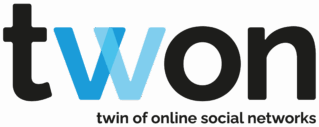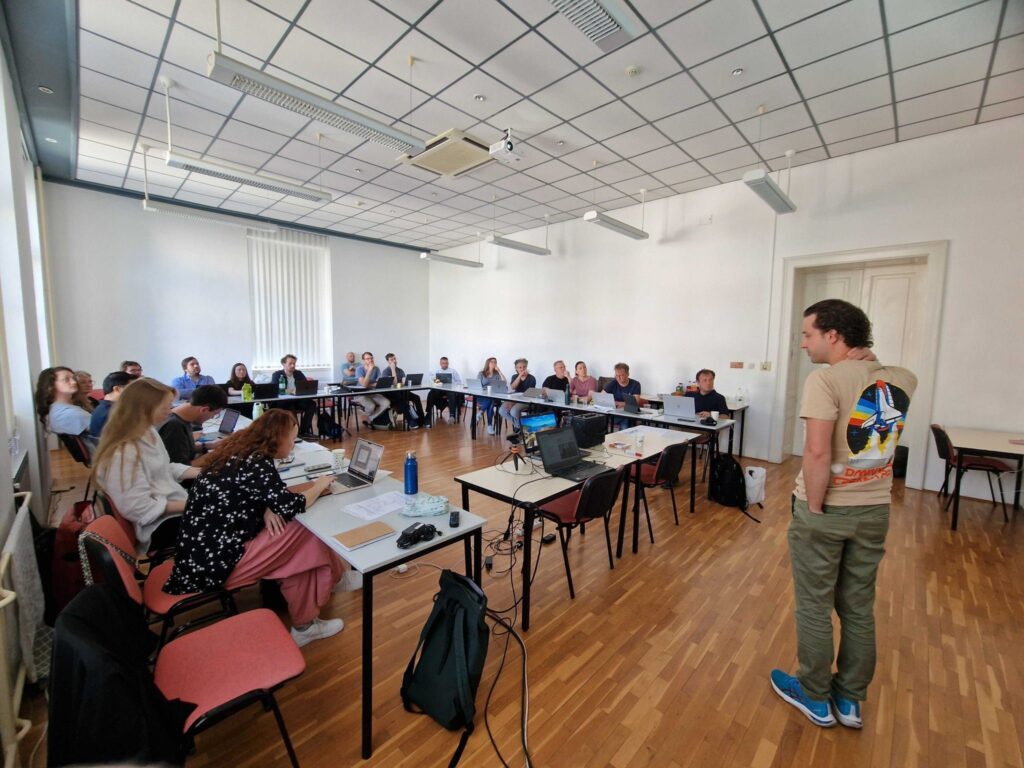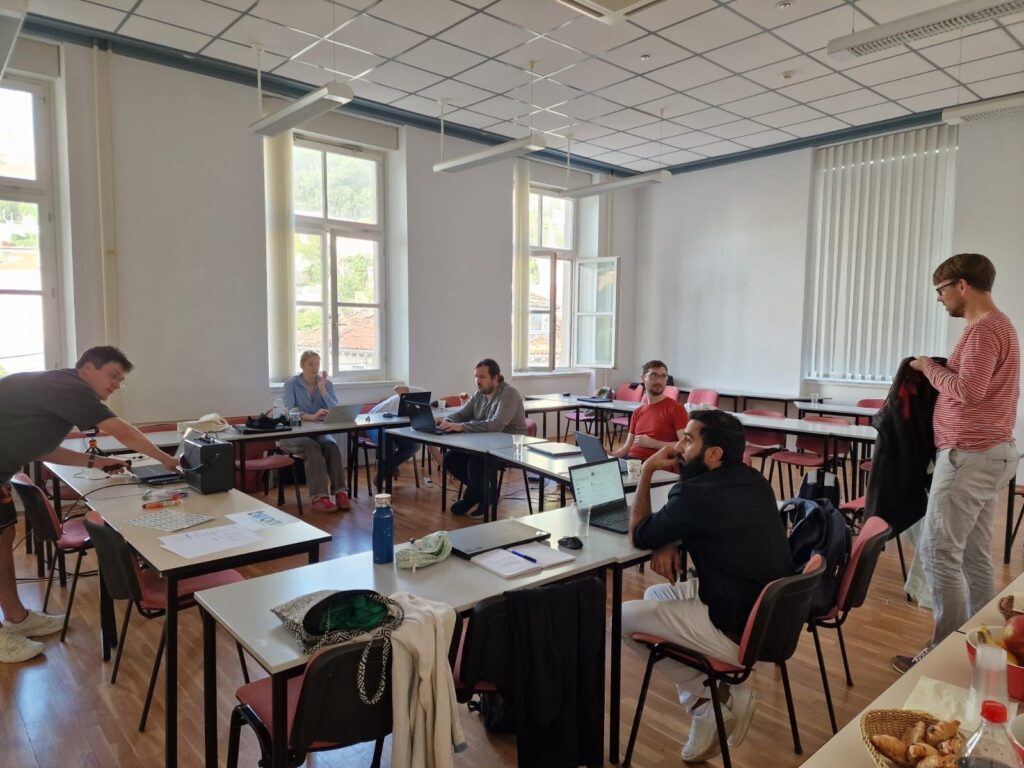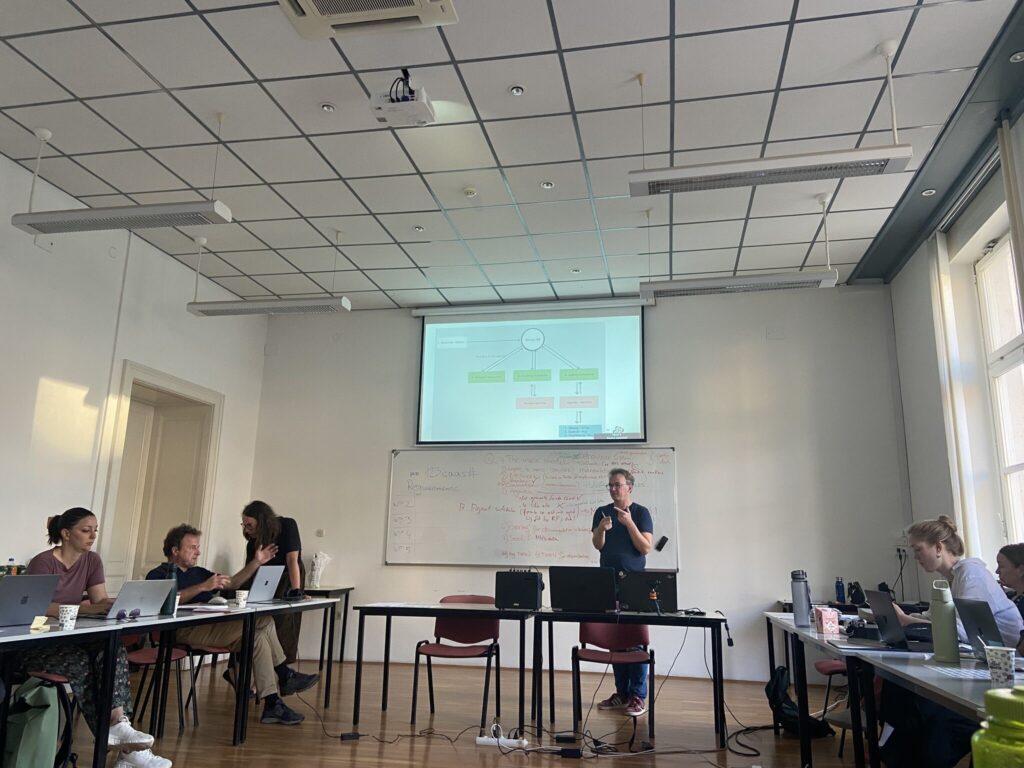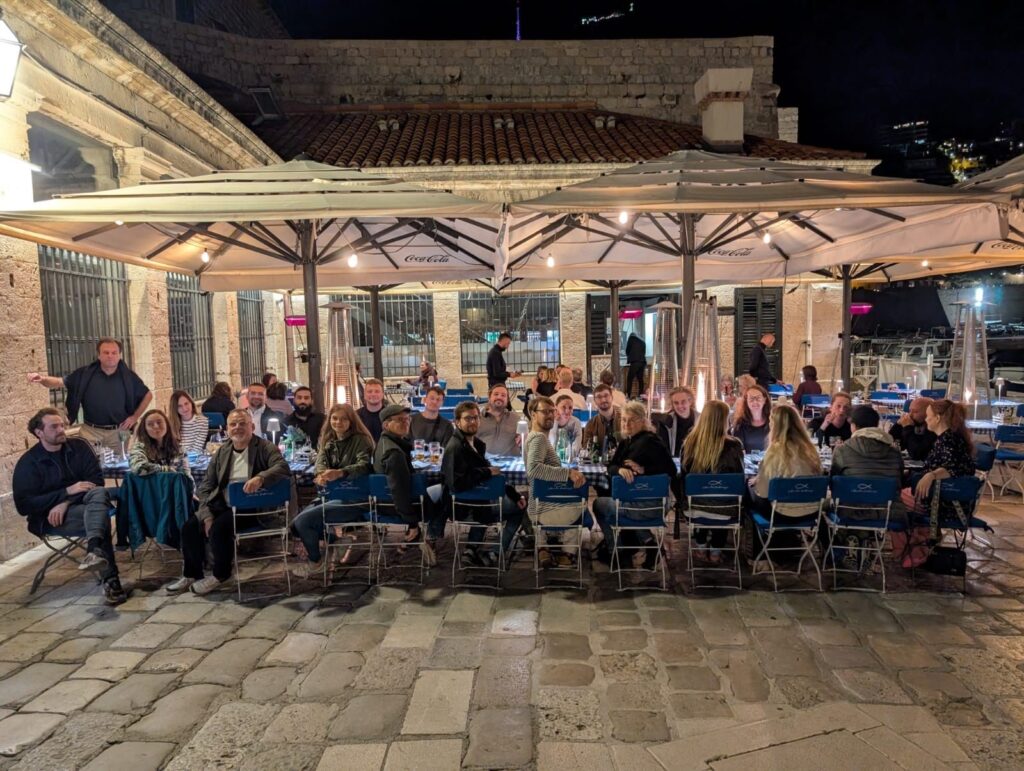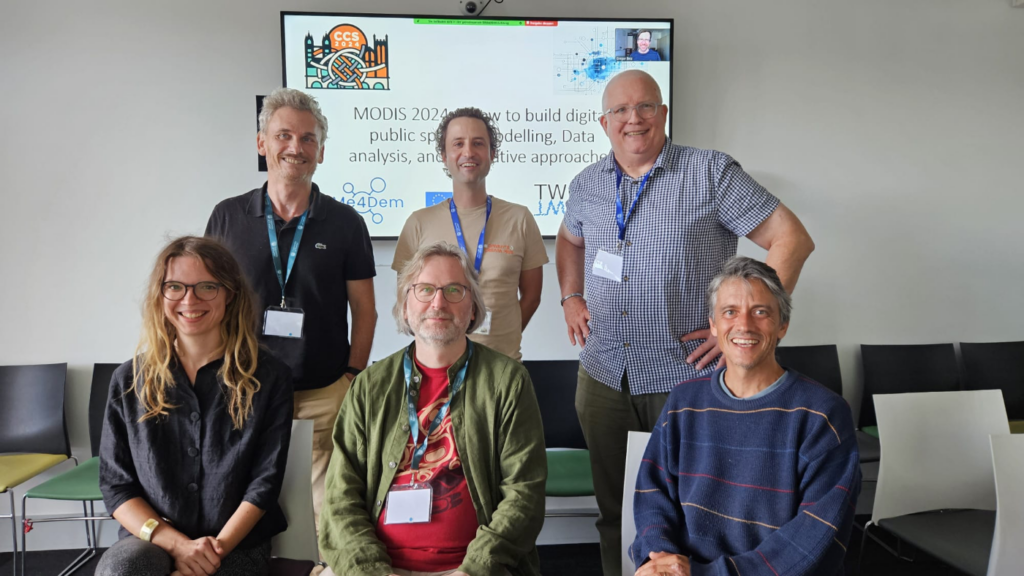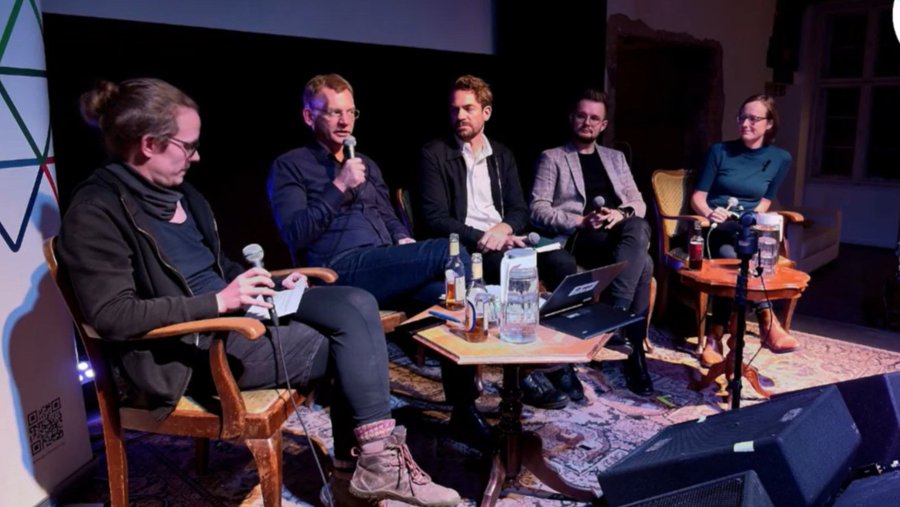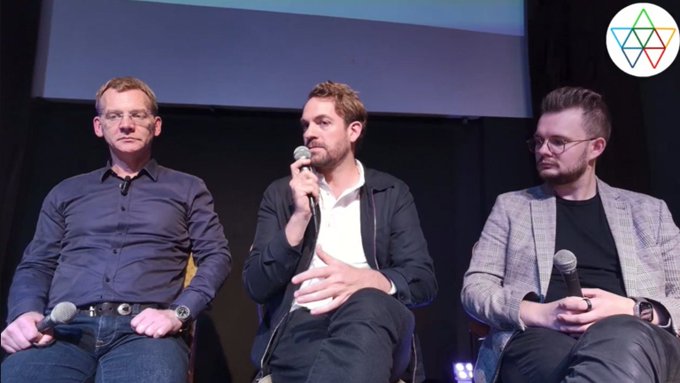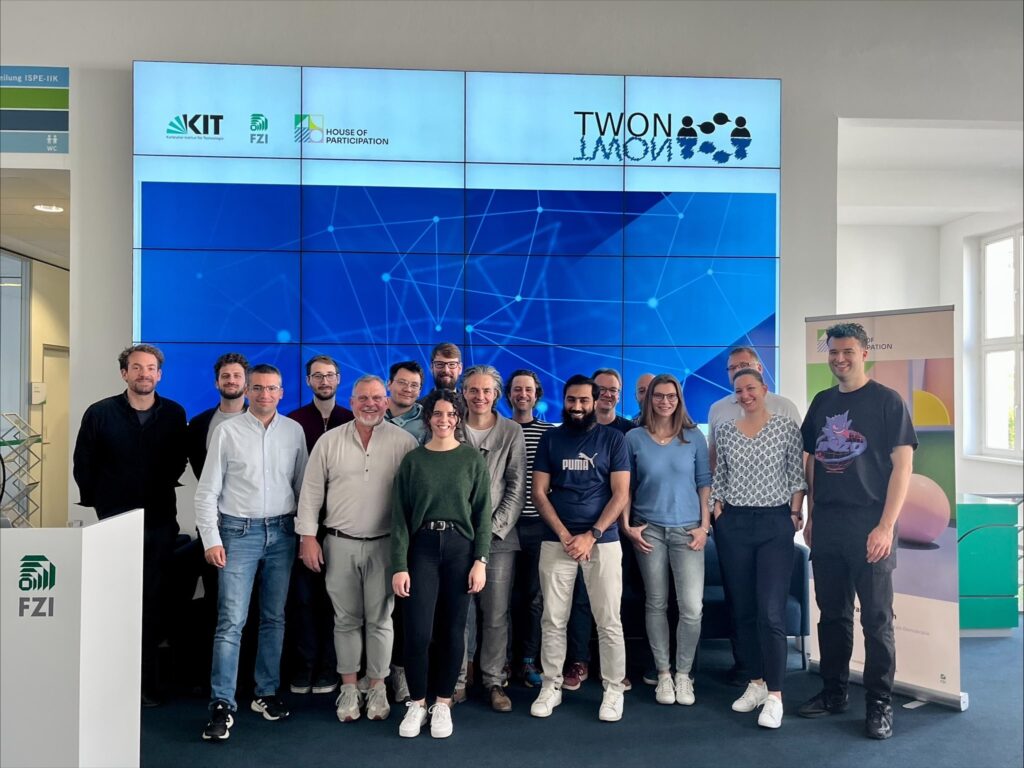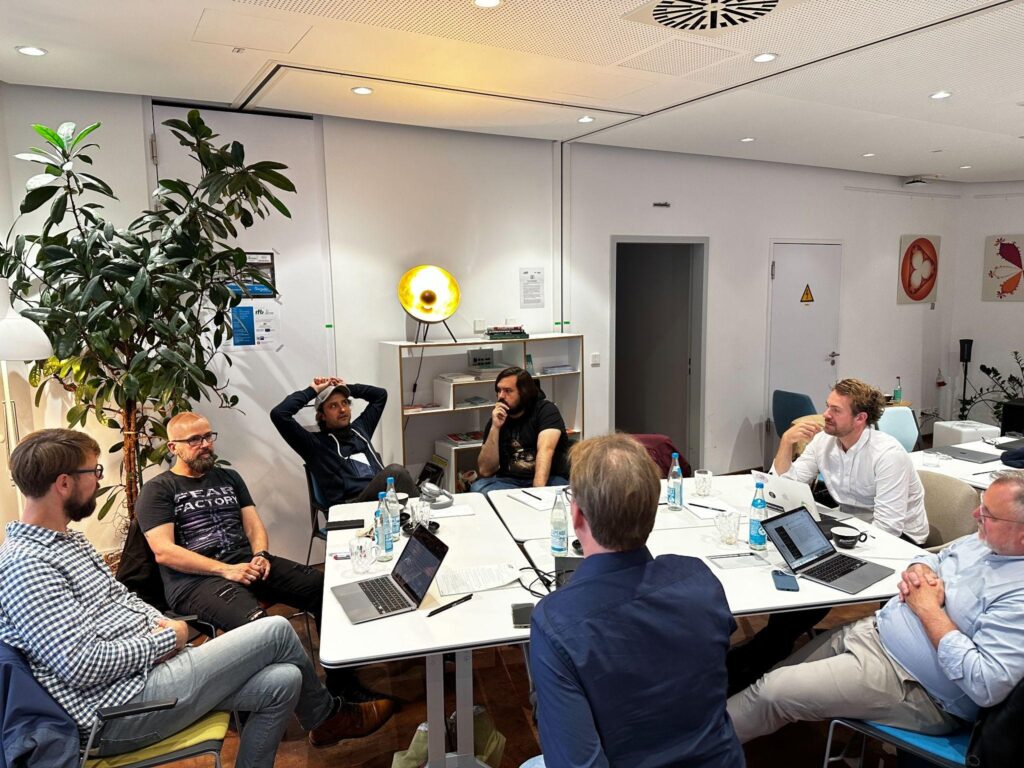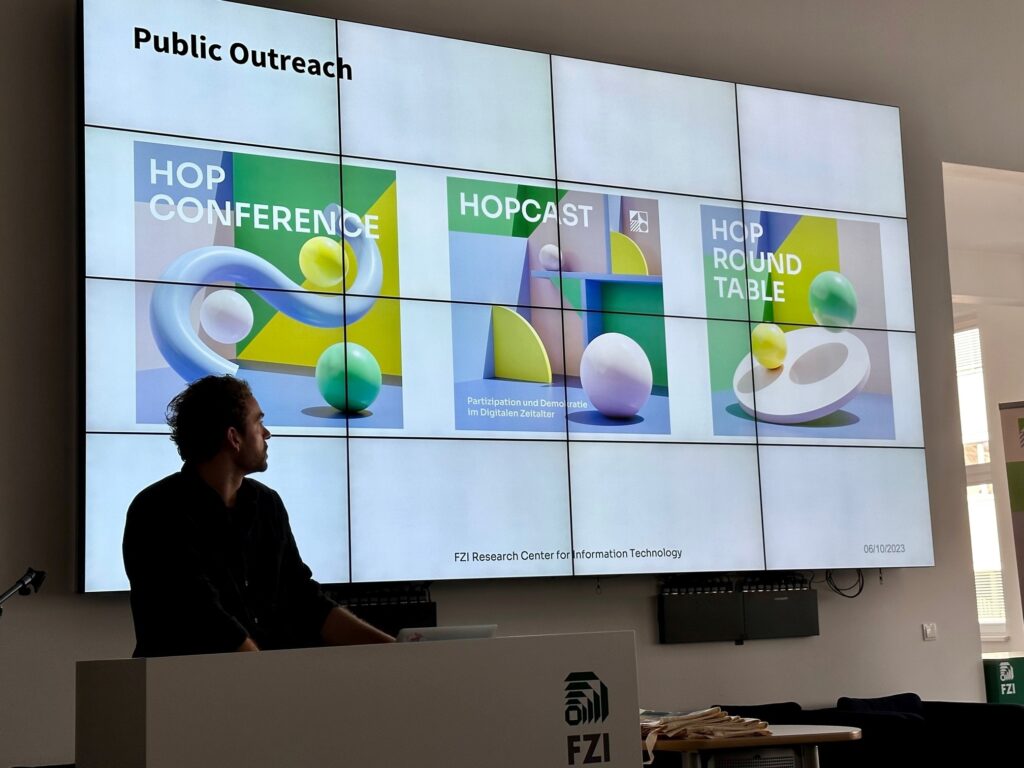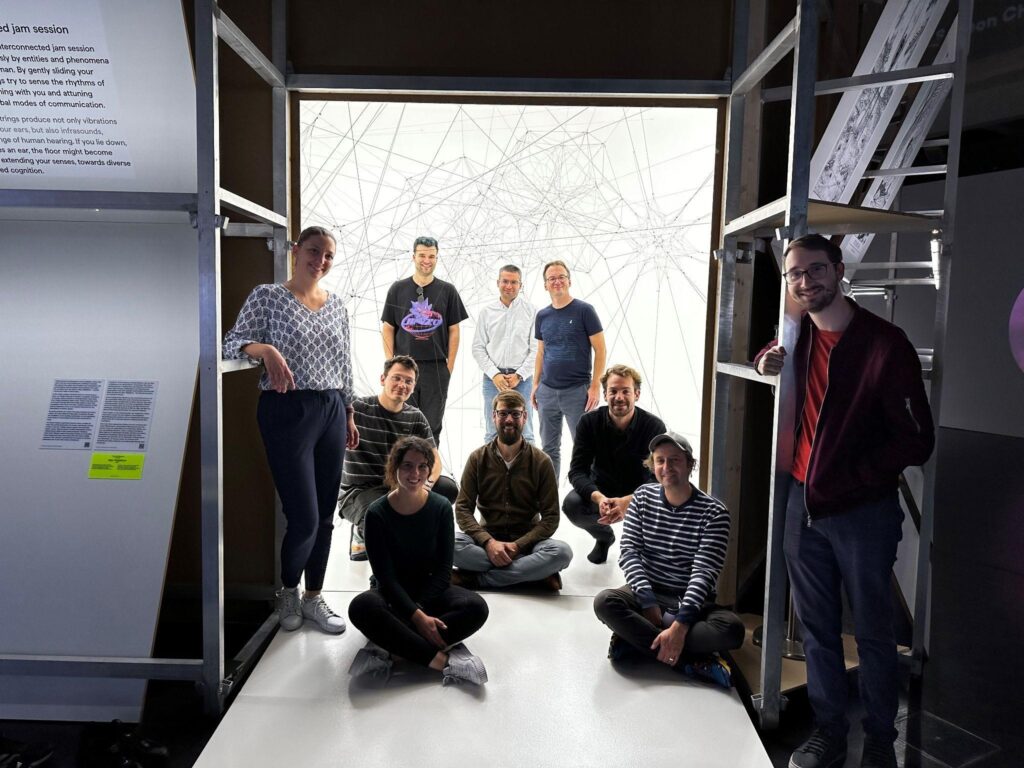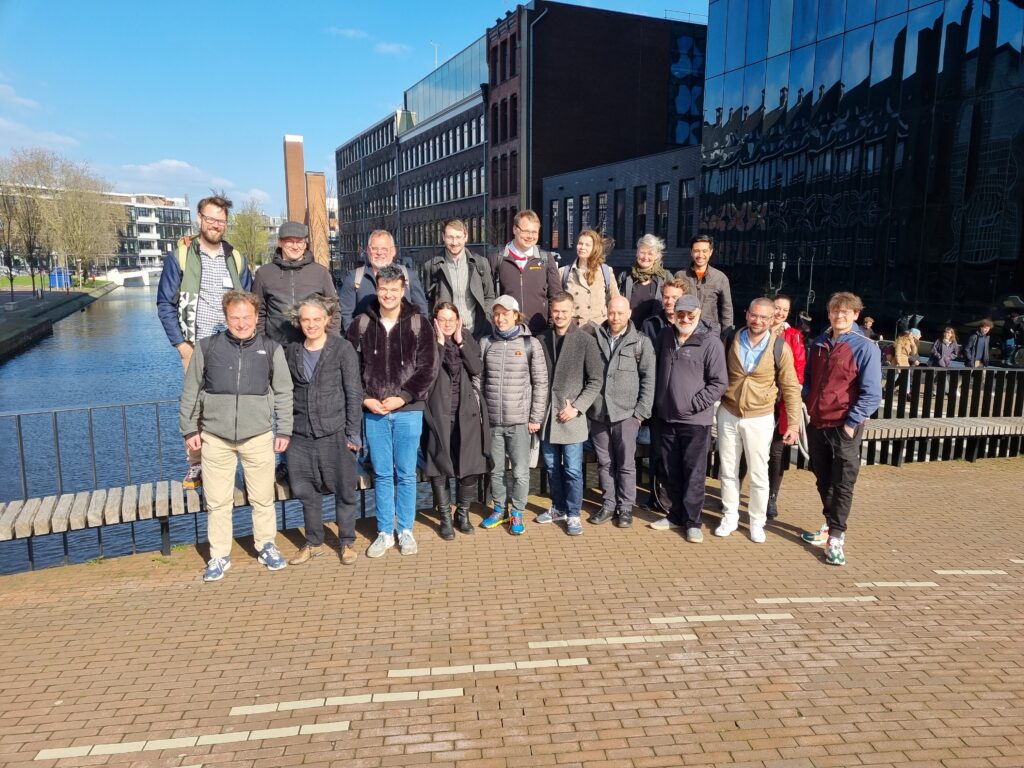On the Ethics of Using TWONs: TWON Policy Brief #1
Researchers of the TWON consortium have achieved another milestone regarding the communication of results and insights of our EU-funded research project. As we are breaking new ground at the intersection of diverse academic discplines, we are confronted with new ethical questions relating to our work. A Digital Twin of an Online Social Network (TWON) may be a powerful instrument for researching and regulating digital public spaces. Yet, the vast and detailed datasets on user behaviour also pose significant ethical risks. TWONs could be used to undermine user interests and democratic norms. Important questions arise with regard to the technological tools we are developing: Who should have access to these tools? How should these tools be regulated?
As scholars researching the relationship of social and political dynamics on one hand and digital technologies and communicative settings on the other hand, we do not want to shy away from these important normative questions: The answers to these questions may well determine the societal impact of our joint research project. Therefore, we aim to address these crucial normative and ethical questions heads on. Our first TWON Policy Brief, thus, focuses on these questions, emphasizing the importance of ethical considerations in our research and the dissemination of our findings. The policy brief sketches out possible approaches to TWONs, different governance and regulation frameworks as well as their risks and benefits.
The full report can be found here.
